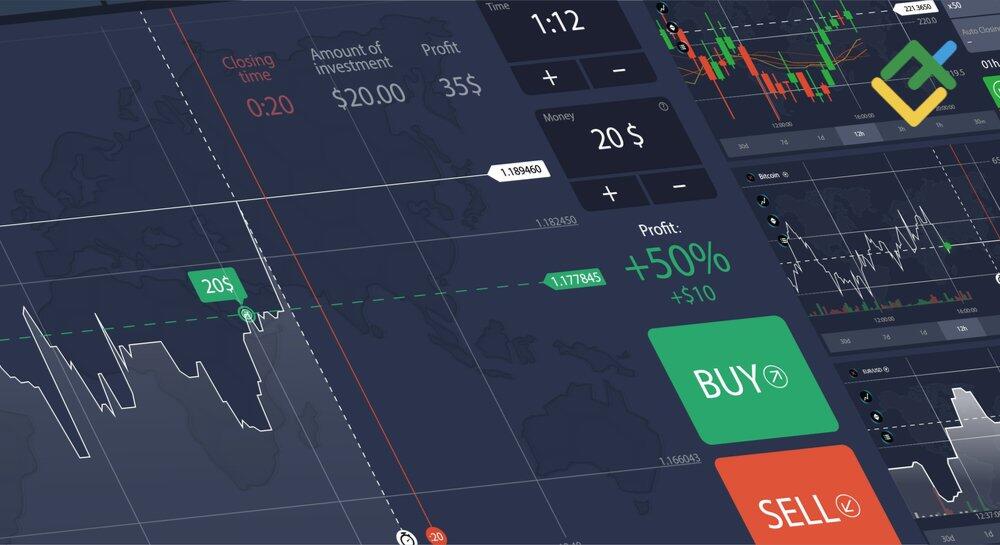Navigating the Forex Market
The foreign exchange market, or Forex, is the largest and most liquid financial market globally, where currencies are traded. To participate in this dynamic market, one must choose a reliable Forex broker. Selecting the right broker is crucial for success in Forex trading, as it can significantly impact trading conditions, costs, and overall trading experience.

Understanding Forex Brokers:
Forex brokers act as intermediaries between retail traders and the interbank forex market. They provide a platform for traders to buy and sell currencies, offering various tools and services to facilitate trading. The choice of a Forex broker is influenced by factors such as regulatory compliance, trading platforms, available currency pairs, transaction costs, customer support, and educational resources.
Regulatory Compliance:
Regulation is a key factor in assessing the reliability of a Forex broker. Reputable brokers are regulated by financial authorities in their respective countries. Regulatory bodies, such as the Financial Conduct Authority (FCA) in the UK or the Commodity Futures Trading Commission (CFTC) in the United States, impose strict standards on brokers to ensure fair and transparent trading practices.
Trading Platforms:
A user-friendly and feature-rich trading platform Forex broker is essential for effective trading. The best Forex brokers offer a variety of platforms, including MetaTrader 4 (MT4) and MetaTrader 5 (MT5), known for their stability and extensive charting tools. The platform should be compatible with different devices, allowing traders to access the market from desktops, laptops, smartphones, and tablets.
Currency Pairs:
Forex brokers provide access to various currency pairs. Major pairs like EUR/USD and GBP/USD are commonly offered, but the availability of exotic pairs can vary among brokers. Traders should choose a broker that offers the currency pairs they are interested in trading.
Transaction Costs:
The cost of trading includes spreads, commissions, and overnight financing fees. Spreads are the difference between the buying and selling prices of a currency pair, while some brokers charge commissions on trades. Traders should compare the overall cost structure of different brokers to find the most competitive option.
Customer Support:
Effective customer support is vital for resolving issues promptly. Look for brokers that offer multiple support channels, such as live chat, email, and phone support. Additionally, assess the responsiveness and helpfulness of the support team to ensure assistance is readily available when needed.
Educational Resources:
For beginners, educational resources are invaluable. Quality brokers provide educational materials, including tutorials, webinars, and market analysis, to help traders understand the complexities of the Forex market and improve their trading skills.
Conclusion:
Choosing the right Forex broker is a crucial decision that can significantly impact your trading journey. It requires careful consideration of regulatory compliance, trading platforms, available currency pairs, transaction costs, customer support, and educational resources. By conducting thorough research and assessing your individual trading needs, you can find a broker that aligns with your goals and provides a reliable foundation for success in the dynamic world of Forex trading.
